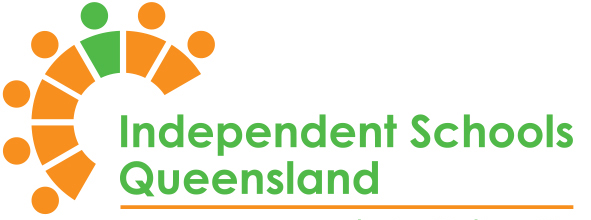The wellbeing of school leaders and staff is critical for student success according to Professor Donna Cross in a ground-breaking report commissioned under Independent Schools Queensland’s (ISQs) Our Schools – Our Future initiative which is designed to promote informed public policy debate.
Behavioural scientist Professor Cross and co-author Sarah Falconer of the Telethon Kids Institute present an evidence-based perspective on what promotes or erodes school staff wellbeing which is one of the first in Australia to make the links to student wellbeing.
“Given teacher wellbeing, student wellbeing, relationships within the school, and educational outcomes are closely intertwined, it isn’t surprising that for all students to be well, their teachers must be well too,” Professor Cross said. “The pandemic has exacerbated the issues.”
“Governments, school systems and the community must act now to reduce the potential impact of ‘long-COVID’ on our school leaders, staff (and students’) wellbeing,” she said. “School leader and staff wellbeing is critical to help students reach their full potential. Yet rarely in recent history has school leader and staff mental health and wellbeing been so tested as during the COVID-19 pandemic. The pandemic has further exposed the high rates of school leader and staff stress and exhaustion from the intensification of their front-line work supporting the health, development and learning of their students.”
Independent Schools Queensland (ISQ) Chief Executive Officer Chris Mountford said there was increasing evidence on the importance of staff wellbeing and a lot of research on student wellbeing however, this report was one of the first to link the former with the latter.
Mr Mountford said School Leaders’ and Staff Wellbeing is Critical for Student Success research report offers some practical evidence-based actions and makes five wellbeing recommendations:
- Prioritising the school community’s wellbeing and ensuring improvements are contextual, sustain evidence-based practice, focus on relationships, and underpin the whole-school culture.
- Enabling and sustaining supportive leadership practices that build teacher wellbeing.
- Providing effective induction and mentoring, and meaningful professional learning that is sustained and authentic.
- Tracking wellbeing priorities and progress to benchmark, monitor and effectively meet the wellbeing strengths and needs of the school community.
- Advocating for government policy reform addressing staff workload, resourcing, and safety. Specifically, at a broader system level, the following actions are needed to positively impact school leader and staff wellbeing:
- Identify and address drivers of workload intensification.
- Facilitate equitable access to trained mental health professionals in all Australian schools to respond to the increasing complexity of student behaviour and mental health and wellbeing difficulties.
- Use policy reform to protect school leaders and staff from the impact of aggressive and other offensive behaviour directed at them.
“I encourage school leaders and public policymakers to read this invaluable report as it has the potential to improve staff and student wellbeing and foster a healthier society,” Mr Mountford said. Professor Cross was also interviewed about the report on the ISQ podcast The School Bell.
Professor Cross said the wellbeing of members of the school community is so inextricably linked that it can form a virtuous or vicious cycle, whereby the wellbeing of each member in the school community affects the wellbeing of others resulting in a continuous process of wellbeing decline or improvement.
“Government, sector and school-level actions must prioritise and monitor school leader and staff wellbeing, providing necessary school resources and sufficient staff capacity to support the complex needs of the school community; establishing a school culture that values and normalises respectful and positive relationships; and thereby reducing the harm from work overload and intensity on school leaders and staff,” she said.
Media Contact
0428 612 315
Recent

